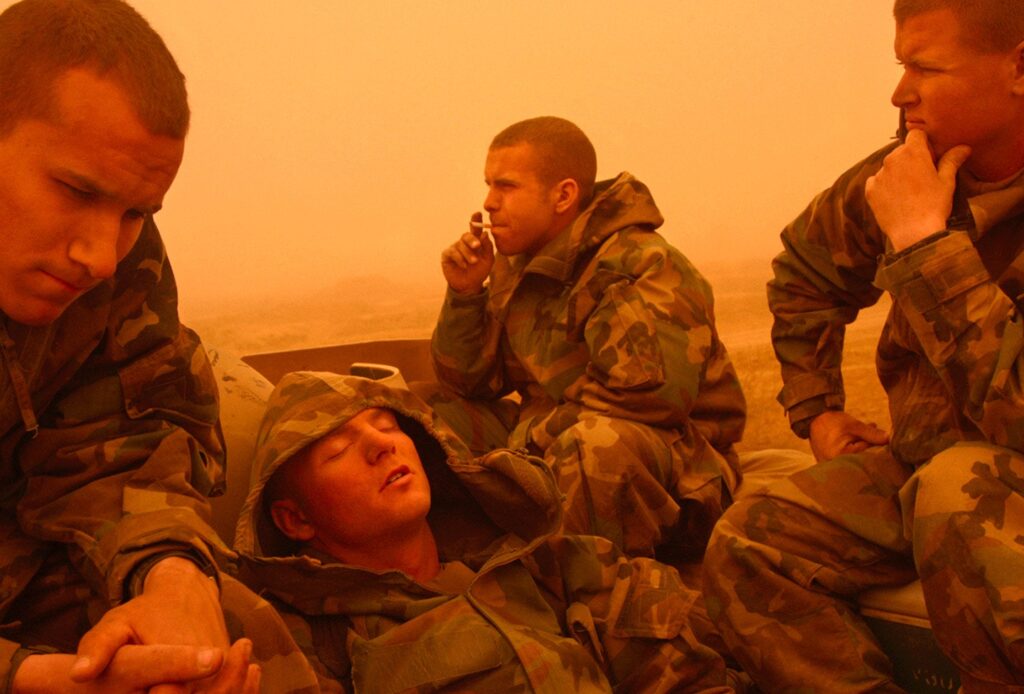PTSD is just one of the many mental health challenges facing veterans. In addition to PTSD, veterans may also experience depression, substance abuse, anxiety disorders, traumatic brain injury, and thoughts of suicide. It is crucial for society to prioritize the mental health and well-being of veterans by providing them with the support and resources they need to cope and recover. By raising awareness about the various mental health challenges facing veterans and advocating for improved access to mental health services, we can help improve the lives of those who have sacrificed so much for our country.
PTSD and Beyond: Mental Health Challenges Facing Veterans
Post-Traumatic Stress Disorder (PTSD) is a common mental health condition that affects many veterans who have experienced trauma during their time in service. However, PTSD is just one of the many mental health challenges that veterans may face. In this article, we will explore the various mental health issues that veterans may encounter and discuss the importance of providing adequate support and resources to help them cope and recover.
PTSD
PTSD is a mental health condition that can develop after a person has been exposed to a traumatic event such as combat, natural disasters, or physical assault. Symptoms of PTSD can include flashbacks, nightmares, severe anxiety, and uncontrollable thoughts about the traumatic event. Veterans who have experienced trauma during their time in service are at a higher risk of developing PTSD due to the nature of their work.
Depression
Depression is another common mental health issue that veterans may face. Depression can manifest in feelings of sadness, hopelessness, and loss of interest in activities that were once enjoyable. Veterans who have experienced trauma or have difficulty readjusting to civilian life may be at a higher risk of developing depression.
Substance Abuse
Many veterans may turn to substance abuse as a way to cope with their mental health issues. Drugs and alcohol can provide temporary relief from symptoms of PTSD and depression, but can ultimately worsen mental health problems and lead to addiction.
Anxiety Disorders
Anxiety disorders, such as generalized anxiety disorder, panic disorder, and social anxiety disorder, are also common among veterans. These disorders can cause intense fear and worry, leading to physical symptoms such as rapid heartbeat, sweating, and trembling.
Traumatic Brain Injury
Traumatic brain injury (TBI) is a common injury among veterans who have been exposed to blasts or other traumatic events. TBI can cause a range of symptoms including headaches, memory problems, and difficulty concentrating. TBI can also increase the risk of developing mental health issues such as PTSD and depression.
Suicide
Tragically, many veterans may struggle with mental health issues to the point where they contemplate or attempt suicide. The rate of suicide among veterans is significantly higher than the general population, highlighting the urgent need for comprehensive mental health support and resources for veterans.
Conclusion
Veterans face a unique set of mental health challenges due to their experiences in service. It is crucial that we as a society prioritize the mental health and well-being of our veterans and provide them with the support and resources they need to cope with and overcome their mental health issues. By raising awareness about the various mental health challenges facing veterans and advocating for improved access to mental health services, we can help improve the lives of those who have sacrificed so much for our country.
